Madagascar, Colonel Michael Randrianirina, head of the elite CAPSAT military unit, has declared himself the new president following the ousting of President Andry Rajoelina. Randrianirina announced that the military plans to govern for 18 months to two years before holding elections. This change comes on the heels of widespread protests led by youth, particularly the group “Gen Z Madagascar,” which emerged in response to ongoing issues like electricity and water shortages. The protests quickly evolved to address broader socio-economic grievances, including government corruption, poverty, and limited access to higher education—issues that resonate with a large portion of the population.
Inspired by youth-led uprisings in nations such as Nepal and Sri Lanka, these demonstrations gained momentum, culminating in Colonel Randrianirina’s alignment with the protesters. Under increasing pressure, Rajoelina fled the country, leaving a power vacuum that Randrianirina filled by suspending the constitution and forming a transitional council.
The international community reacted with concern, as the African Union suspended Madagascar’s membership and the United Nations expressed deep apprehension regarding the unconstitutional power shift. The UN has urged for a peaceful resolution to the crisis, emphasizing the need for stability in the region.
This pivotal moment in Madagascar’s political history underscores the significant role of youth-led movements and highlights the intricate dynamics between military authority and civilian leadership in shaping the country’s future.




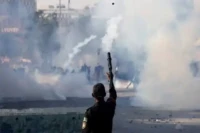
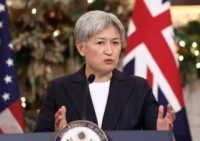
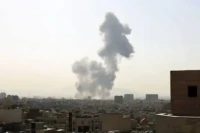
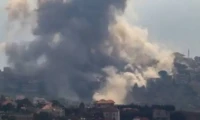
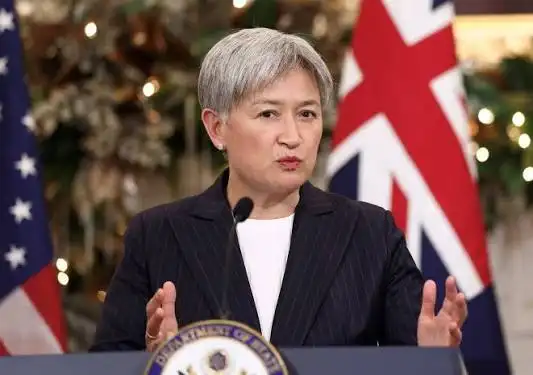
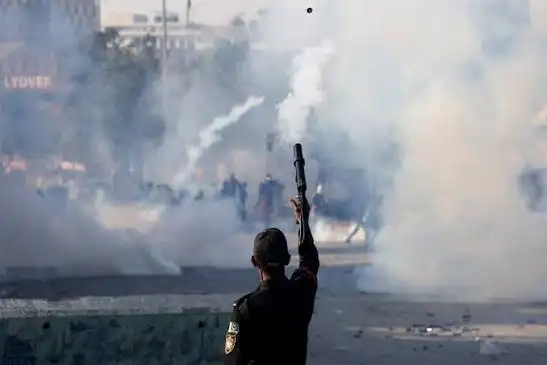
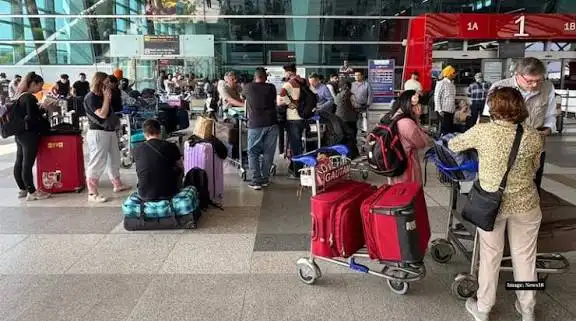

This move raises serious concerns about democracy in Madagascar. Is this a step forward or a dangerous precedent? Lets discuss.
Do you think this is a step towards stability or a dangerous power grab? Share your thoughts! #MadagascarCoup #Politics
Do you think the coup leader can bring stability to Madagascar, or will this just lead to more turmoil? Curious to hear your thoughts!
Do you think this move is justified or a power grab? Curious to hear different perspectives on this situation.
Do we think this move will bring stability to Madagascar, or is it just another power grab in disguise? Curious to hear your thoughts!
Is it just me, or does this whole situation in Madagascar feel like a plot straight out of a political thriller movie? 🤔
Do you think a coup leader assuming the presidency is ever justified? Its a controversial move that has sparked intense debate.
Do you think the coup leader assuming presidency is a step towards stability or further unrest in Madagascar? Lets discuss.